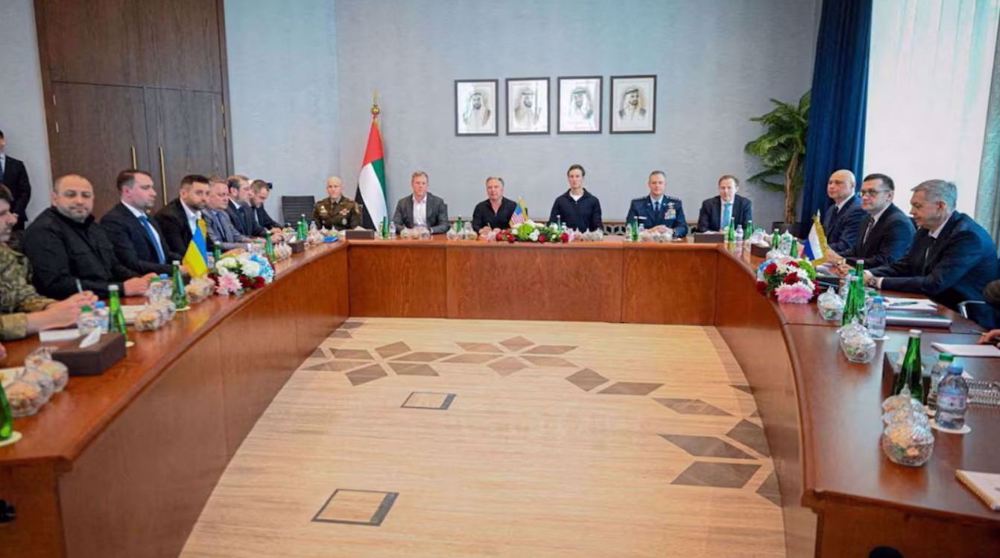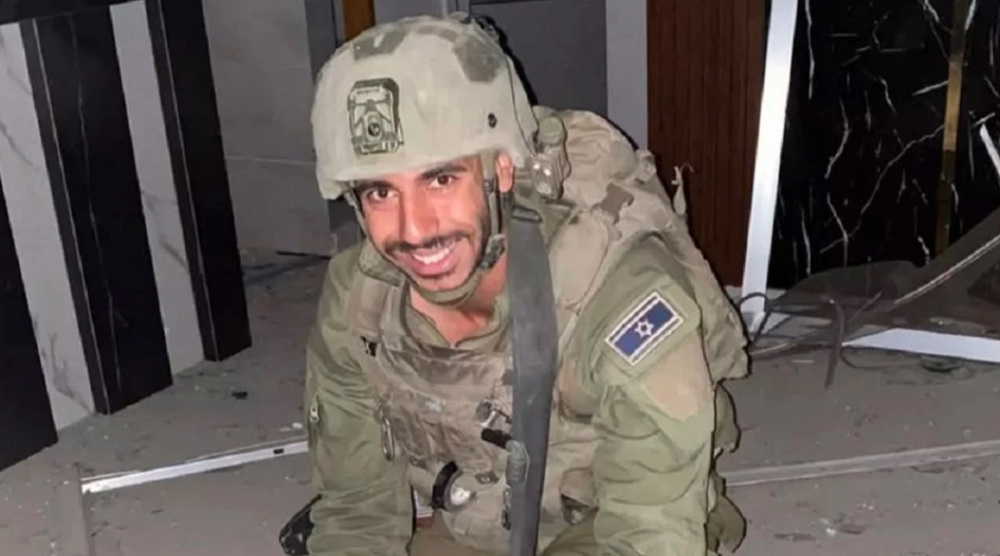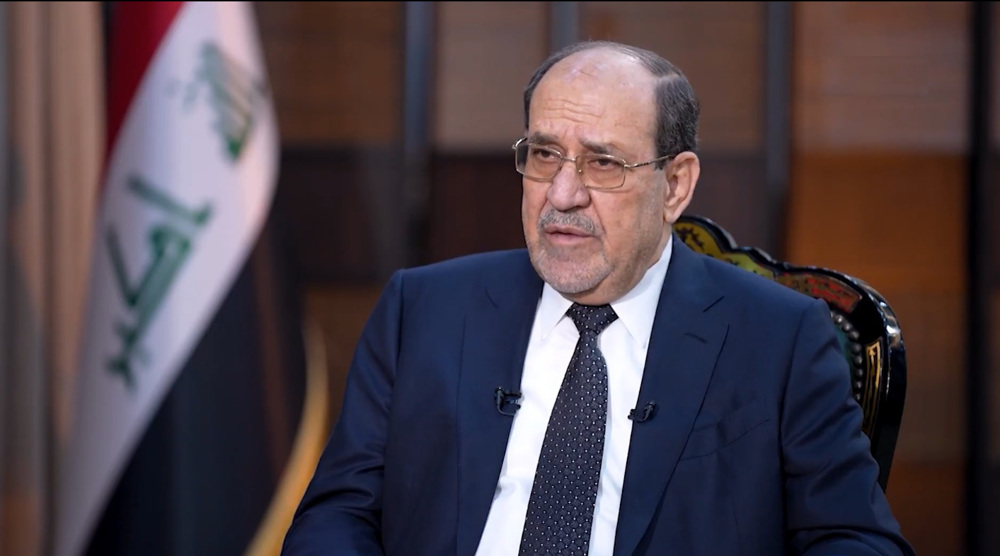Russia plays down prospect of new Cold War with US
Russian Foreign Minister Sergei Lavrov has played down the possibility of a new Cold War, after the suspension of a landmark nuclear arms control treaty between Washington and Moscow, adding that the withdrawal will have other implications nevertheless.
The United States announced last week that it would formally withdraw from the Intermediate-Range Nuclear Forces (INF) Treaty in six months’ time and would suspend compliance with the agreement as of February 2, accusing Moscow of having violated the pact.
Russia has rejected the violation accusation; and when several Russian attempts aimed at soothing ostensible American concerns led nowhere, Russian President Vladimir Putin said his country, too, would suspend its involvement in the 1987 pact. He said, however, that Russia would leave the door open for talks on the issue.
“I don’t think that we should talk about a new Cold War. A new era has begun, an era when the United States decides to move toward destroying the entire arms control system, which is regrettable,” Lavrov was quoted as saying by Russia’s TASS news agency on Monday.
He said Russia was not to blame for the pact’s breakdown, insisting that his country did not want an “arms race” but was ready to respond to US actions following its withdrawal from the INF Treaty.
“We don’t seek to launch a new arms race, the president (President Putin) has made it quite clear. [But] we will definitely give military and technical responses to the threats that are emerging following the US pullout from the INF Treaty and its plans to create low-yield nuclear weapons, which — according to all experts in the West, Russia, and other countries — will dramatically lower the threshold for the use of nuclear weapons and increase the risk of a nuclear conflict,” he said.
US Secretary of State Mike Pompeo said last Friday that the US would fully withdraw from the INF Treaty in 180 days if Russia did not end its alleged violation of the pact.
That announcement was followed by strong support from the US’s allies in the NATO military alliance — a traditional foe of Russia — which called on Moscow to use the six-month time “to return to full and verifiable compliance” with the agreement and end its alleged violation of the pact.
US President Donald Trump and his senior officials had been signaling for months that they were ready to pull out of the INF Treaty.
Russia says the US has for long been looking for a false pretext to exit the treaty so it can develop new missiles.
The INF was signed toward the end of the Cold War in 1987 by the then-US President Ronald Reagan and Soviet leader Mikhail Gorbachev.
The INF bans all land-based missiles with ranges of 500 to 5,500 kilometers and included missiles carrying both nuclear and conventional warheads. It does not cover air-launched or sea-launched weapons.
Washington has claimed that Russia’s new 9M729 missile is in violation of the treaty and should be dismantled immediately. But Moscow insists the missile is allowed under the treaty and has offered that US authorities inspect the missile for themselves. Washington has rejected that offer.
FM Araghchi departs Muscat for Doha following nuclear talks with US
Israeli keeps killing more Palestinian civilians in Gaza amid relentless ceasefire violations
Aliyev: Azerbaijani territory will not be used for threats against Iran
Turkey arrests two on charges of spying for Israeli regime
Iran FM declares ‘good start’ as US–Iran talks conclude in Muscat
Iran strongly condemns 'terrorist' mosque blast in Islamabad
Iran enters talks backed by national power, popular support: MP
France, UK involved in assassination of Muammar Gaddafi's son: Reports














 This makes it easy to access the Press TV website
This makes it easy to access the Press TV website